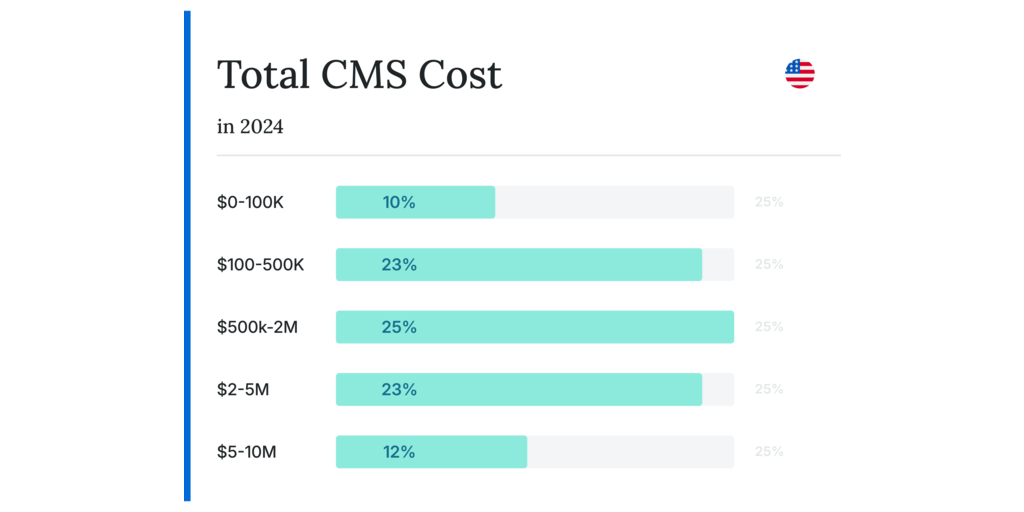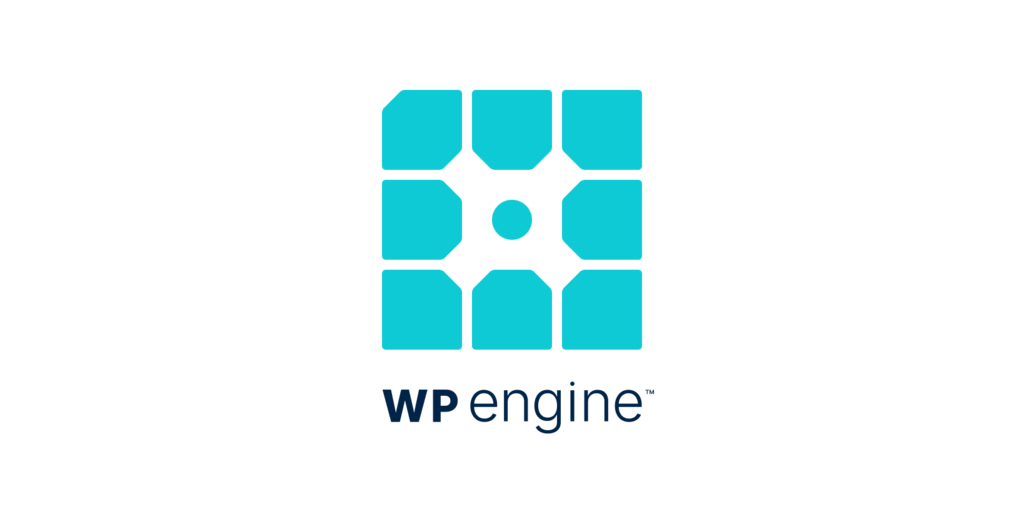The Data-Driven Guide Offers Critical Insights for Digital Decision-Makers Amid Shifting Budget Priorities
AUSTIN, Texas--(BUSINESS WIRE)--WP Engine, a global web enablement company providing premium products and solutions for websites built on WordPress[1], today announced the release of a comprehensive new research report: “The Total Cost of Your Company Website: A Data-Driven Guide for Digital Leaders.” Based on a survey of more than 1,700 digital decision-makers across the U.S., U.K., and Australia, the report reveals that businesses using WordPress experience up to 44% cost savings compared to those relying on proprietary CMS platforms. 



The research arrives at a pivotal time as 68% of businesses plan to increase their CMS budgets in 2025, reflecting the growing strategic importance of their digital presence. In addition, the findings also reveal that organizations are facing longer CMS evaluation cycles, tighter budgets, and increased pressure to prove ROI and reduce long-term costs. As companies navigate these challenges, the true Total Cost of Ownership (TCO), including infrastructure, development, licensing, security, and scalability, is entering a new era of scrutiny and strategic prioritization. The WP Engine survey reveals how decision-makers can align their digital platforms with organizational goals while minimizing cost burdens and maximizing ROI.
“Digital experiences have evolved from marketing touchpoints to mission-critical business assets,” said Jason Teichman, Chief Operating Officer of WP Engine. “Yet many companies still underestimate the long-term costs associated with their CMS and infrastructure choices. This report empowers digital leaders with data they need to make smarter, more sustainable decisions.”
Key findings of the report include:
- $2.6 million/year: The average annual CMS cost for medium-to-large and enterprise organizations — including licensing, hosting, development, and third-party tools.
- Up to 44% savings: WordPress offers a significantly lower TCO compared to proprietary platforms.
- 11-month average evaluation cycle: Enterprises are taking longer to evaluate CMS solutions, with the U.K. seeing the slowest pace at nearly 12 months.
- Hybrid CMS strategies are on the rise: A growing number of organizations are using multiple CMS platforms, with WordPress leading as the most popular secondary CMS due to its cost-effectiveness and agility.
- Top concerns vary by region: In the U.S. and Australia, security is the top barrier, while maintenance and management concerns dominate in the U.K.
The report also explores how open-source solutions like WordPress are redefining enterprise digital strategies, with companies successfully integrating WordPress into composable, cost-efficient ecosystems that support rapid scaling and flexibility.
“This guide is a strategic framework for understanding how every digital decision impacts long-term performance and cost efficiency,” said Teichman. “At WP Engine, we’re committed to helping businesses thrive through smarter infrastructure, open-source flexibility, and enterprise-grade managed hosting.”
To learn more about WP Engine, visit wpengine.com.
About WP Engine
WP Engine empowers companies and agencies of all sizes to build, power, manage, and optimize their WordPress websites and applications with confidence. Serving 1.5 million customers across 150+ countries, the global technology company provides premium, enterprise-grade solutions, tools, and services, including specialized platforms for WordPress, industry-tailored eCommerce and agency solution suites, and developer-centric tools like Local, Advanced Custom Fields, and more. WP Engine’s innovative technology and industry-leading expertise are why 8% of the web visits a WP Engine-powered site daily. Learn more at wpengine.com.
[1] The WordPress® trademark is the intellectual property of the WordPress Foundation. WP Engine is not endorsed or owned by, or affiliated with, the WordPress Foundation.
Contacts
Lauren Cox
press@wpengine.com
